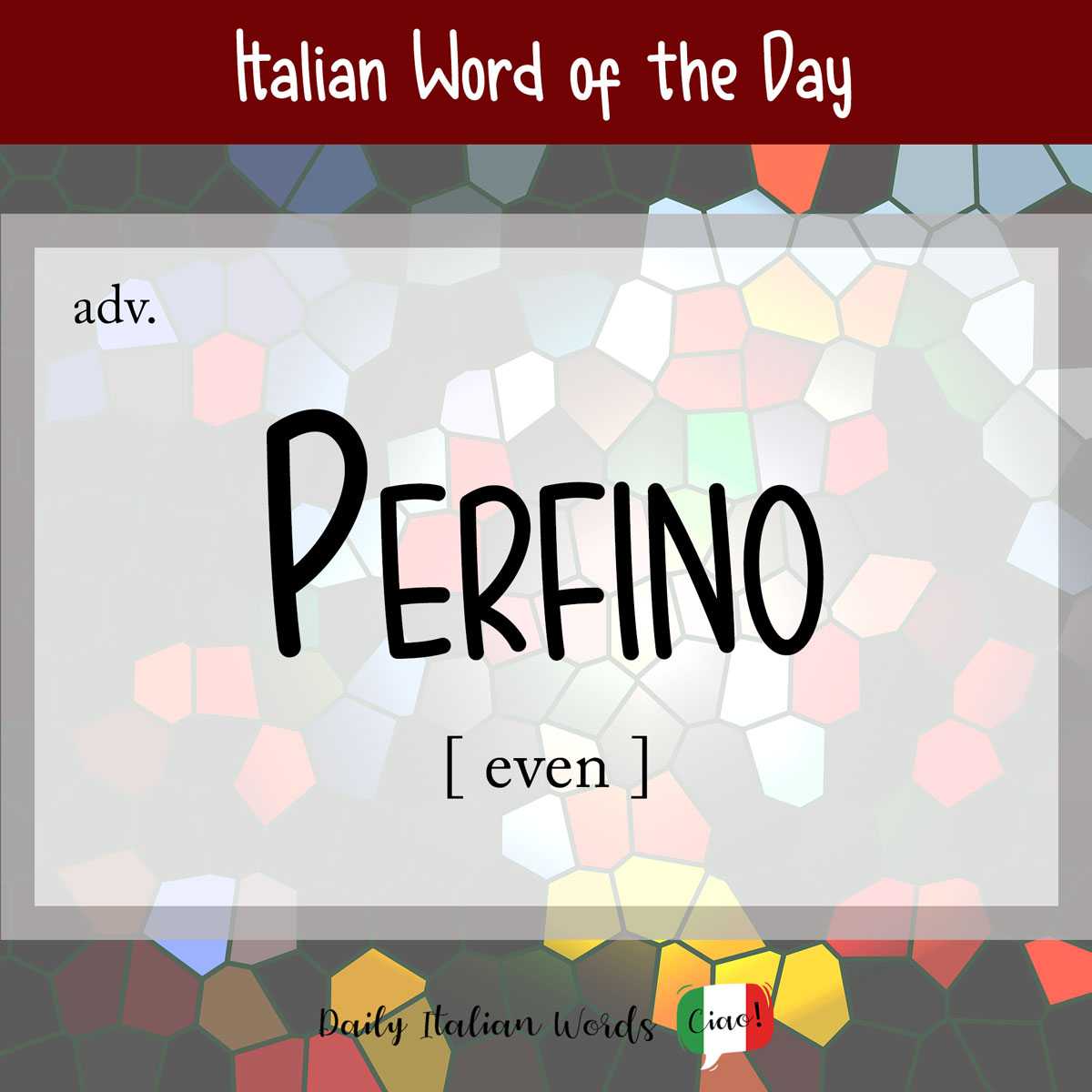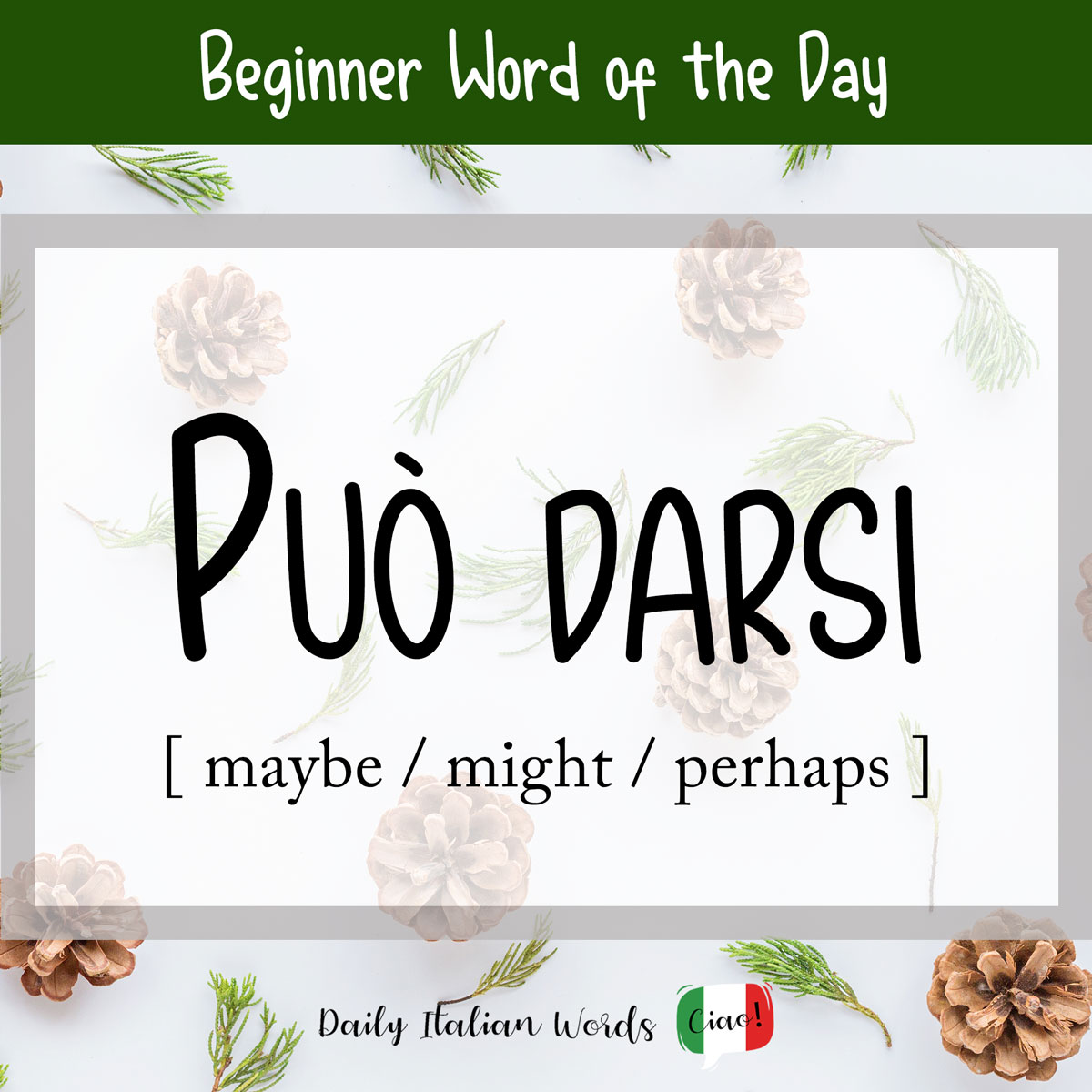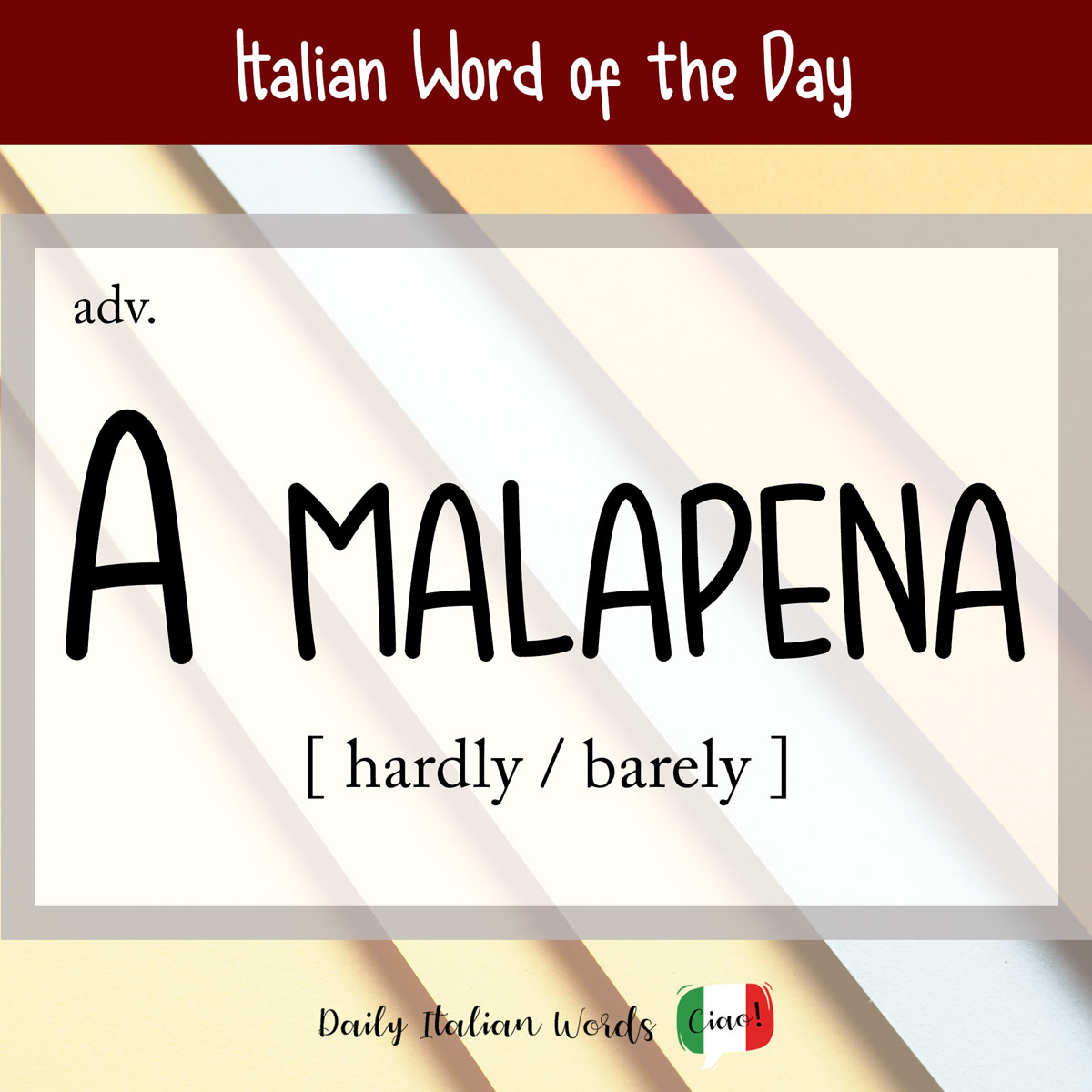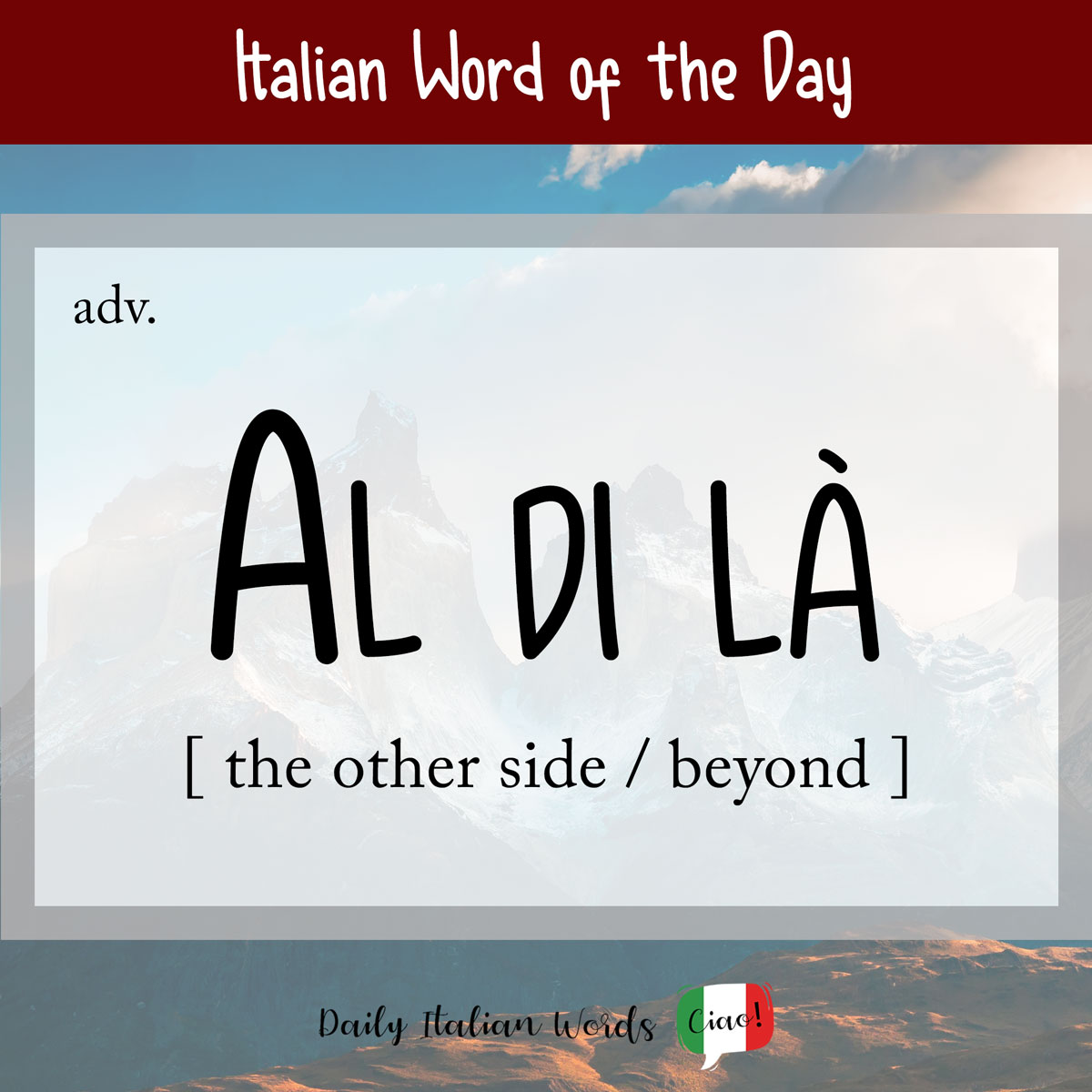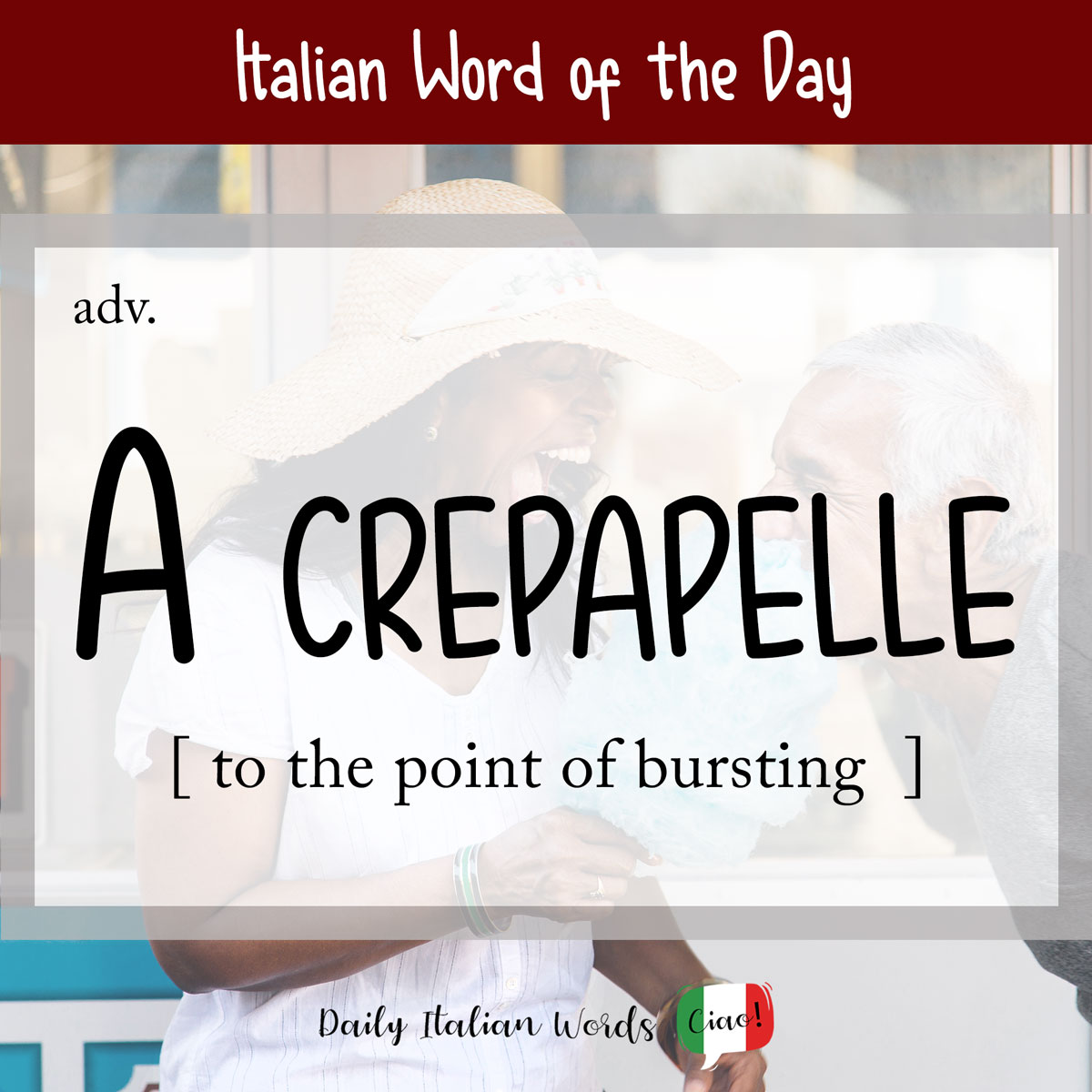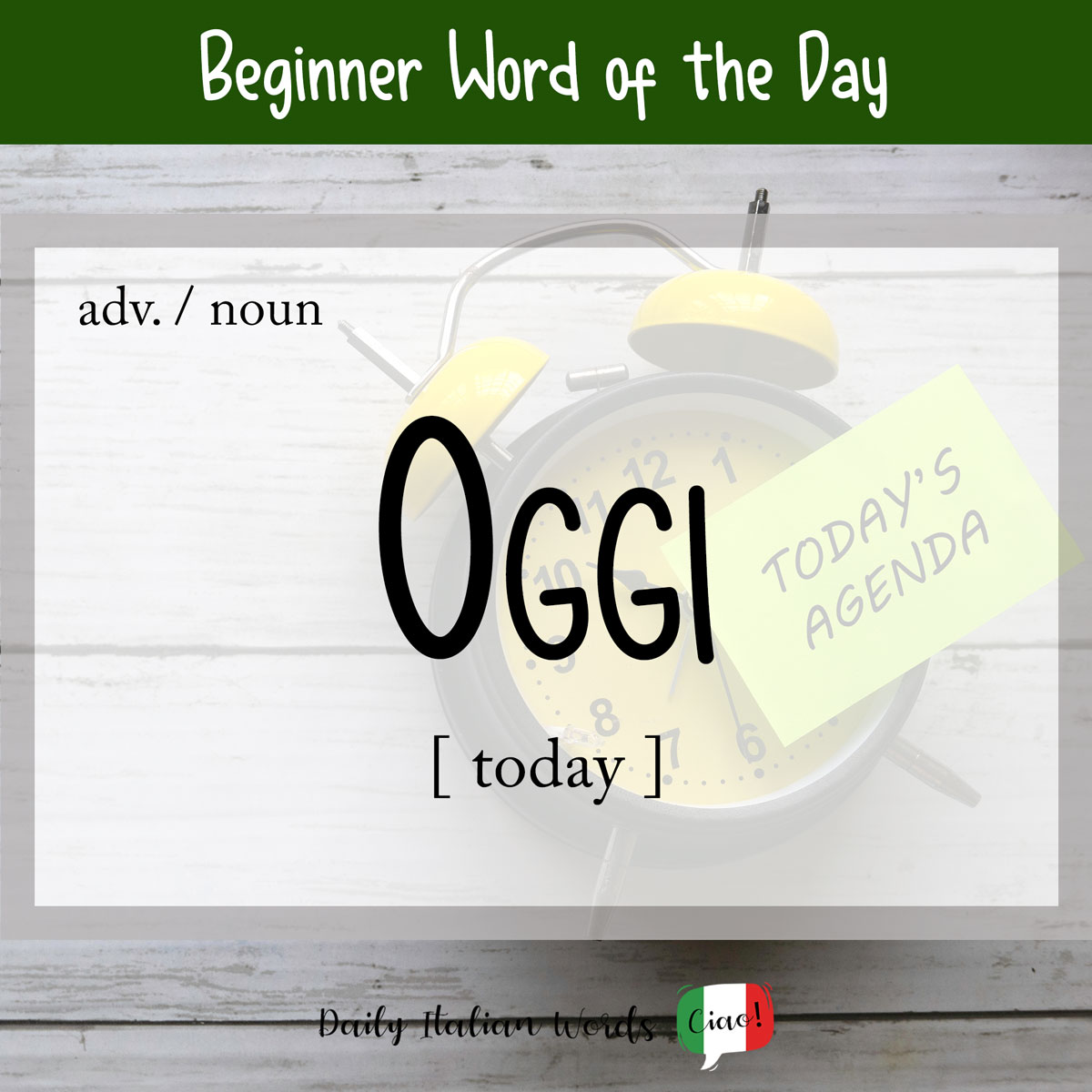Italian Word of the Day: Perfino (even)
The adverb perfino in Italian is made up of the prefix per– and the preposition fino (up to, as far as). It is used much in the same way as the adverb even in English, in that it emphasises something surprising or extreme. Important: perfino has an alternative form, persino, but don’t worry, they are …

